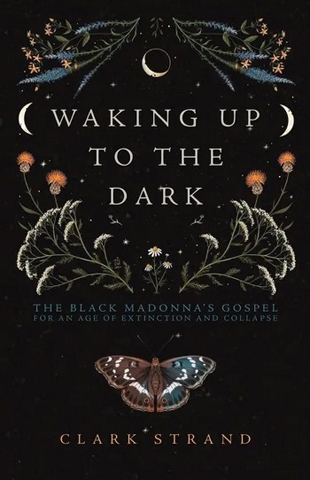Clark Strand, a former senior editor at Tricycle: The Buddhist Review, found himself often up at night, thinking, walking, contemplating, meditating, praying. Ever since childhood in Alabama, throughout his intensive studies of Zen Buddhism as a younger man, and even now when he might be eligible for Social Security, Strand wakes up and walks at night. So he wrote a book about the experience and also about why the experience might be something readers would want to try themselves.
We of course all need proper sleep. Strand isn’t advocating poor health maintenance. But there is something to be said for what the author, by book's end, refers to as “The Gospel According to the Dark” — divine darkness as the ultimate teacher.
Strand understands why many people might find this unappealing: “In the darkness there are no distractions from the worries of ordinary life. In the light we can organize them, or compartmentalize them, or hide them where we won’t see them — as if shoving them into the dark…. Inside the dark we are unprotected, and our troubles always come close.” But be careful, because in those sentences he is also articulating why walking in the dark might be important to do.
He examines in close detail images and icons of darkness in spiritual traditions, including the Black Madonna of Christianity, the goddess Kali in Hinduism, and the teachings of Nachman of Breslov, the great Jewish Hasidic rabbi; as well as classic religious texts such as the Buddhist Lotus Sutra and the Christian eucharistic rite.
The imaginative “Gospel According to the Dark” comprises the book’s final chapter and includes teachings such as these:
“Every lamp is an altar to the mind. Do not be deceived. Where once you spoke to Me and found solace in My body, now you find solace in yourselves.”
